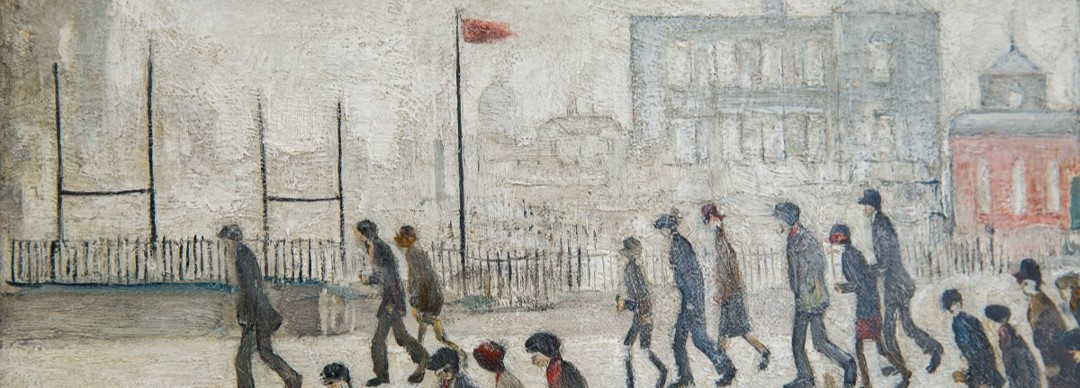I’m not normally one for sharing New Year’s resolutions publicly, but – for what it’s worth – here is this year’s belated resolution: re-discover rugby league.
 |
At the 1993 Challenge Cup final between Widnes and Wigan,
being held by my dad and former Chemics stand-off Tony Myler
October 2021 was the first time in two decades I didn’t sit
down to watch the Super League Grand Final, whether in a pub, at home or at Old
Trafford itself.
In 2019 I was in the Alex Ferguson Stand for Saints’ 23-6
win over Salford. In 2020 – during the Covid-19 pandemic – I was at
my dad’s house, with a few takeaway beers from The Cricketers’ Arms the perfect
accompaniment to Jack Welsby’s incredible last-minute try.
Despite this, however, over the last few years rugby league and
I have been growing further apart, culminating in the missed 2021 Grand Final.
* * *
Back in the mid-2000s I was a rugby league obsessive.
Weekends were arranged around Saturday amateur fixtures – Runcorn Vikings,
Halton Simms Cross, Widnes St Maries – and Sunday afternoons following Widnes
home and away, not to mention a steady diet of Sky Sports Super League
coverage.
Yet over time I became less connected to the game. By the
time I moved to Huyton-with-Roby in 2013 I had long since stopped attending Widnes games, no longer had access to Sky, and struggled to maintain a commitment to rugby league.
Rugby league became increasingly crowded out by other commitments – family, work, church, non-league football. For several years I've felt an outsider from rugby league, maintaining at best a casual interest, no longer following the game very closely at all.
This detachment from
the game was embodied in my recent move down here to Wiltshire, an area where
rugby league is seldom even an afterthought.
* * *
It’s also fair to say that rugby league has become
depressing to follow. The game has for many years been pervaded by gloom – its intrinsic
joy obscured by a heavy fog of unrelenting misery.
Last season’s Championship Grand Final is a case in point.
Any sport showcasing a promotion play-off like that should be rubbing
its hands in glee – Featherstone, representing rugby league’s traditional
fanbase and historic heartlands, versus Toulouse, representing international
expansion and the modern face of the game. A victory for either side would have
been an incredible sporting story.
Yet rugby league is a sport profoundly ill
at ease with itself. Instead of celebrating the possibilities, one group of
supporters castigated Featherstone as emblematic of all that is putrid and
stale within the game, while the other poured scorn on Toulouse as another work
of expansionist nonsense.
On one point, however, both sides of the debate were agreed
– the Grand Final result would kill rugby league.
It was more than six years ago that I wrote, “At the moment
there are too many rugby league fans creating
a miserable atmosphere around the sport which can only serve to put anyone
off who might take an interest.” Those words had proved to be prophetic. Where
exactly is the fun in watching a game perpetually in the throes of an
existential crisis?
* * *
Yet despite all this, rugby league is part of my DNA. I first attended a game, at Runcorn Highfield’s Canal Street, at only a few weeks old. My early years consisted of visits to Naughton Park, Knowsley Road and Wilderspool, as well as the annual trip to Wembley.
Rugby league is entwined with my Northern heritage. It is,
in the words of Geoffrey Moorehouse, “an expression of who I am and where I
come from, the history of my people and our ancestral lands. It is of the
culture from which I spring.”
That heritage is even more important to be now that I’m
exiled from it. Despite the geographical barriers, the lack of Sky Sports, and
the unrelenting rugby league pessimism that will undoubtedly persist, this
year’s resolution is to once again fall in love with the Greatest Game.

Comments
Post a Comment